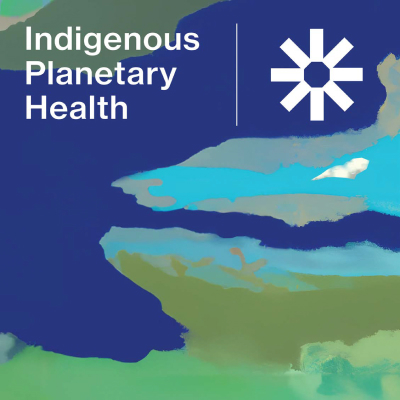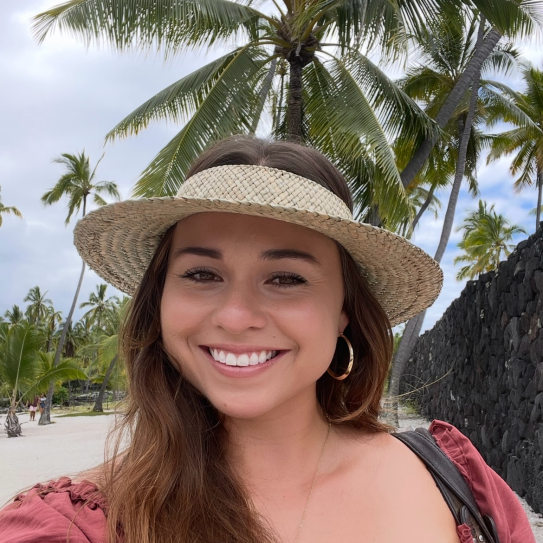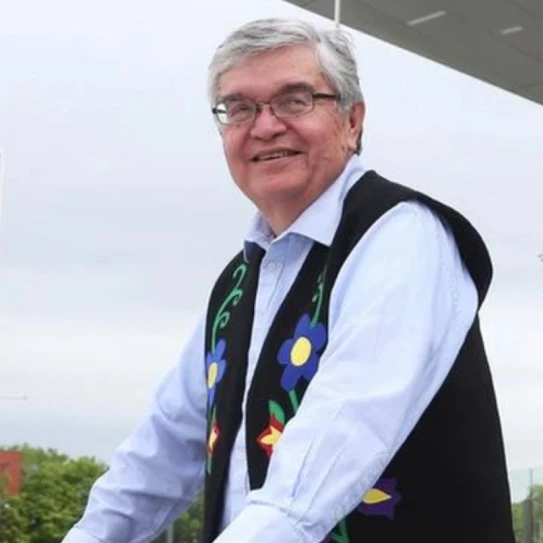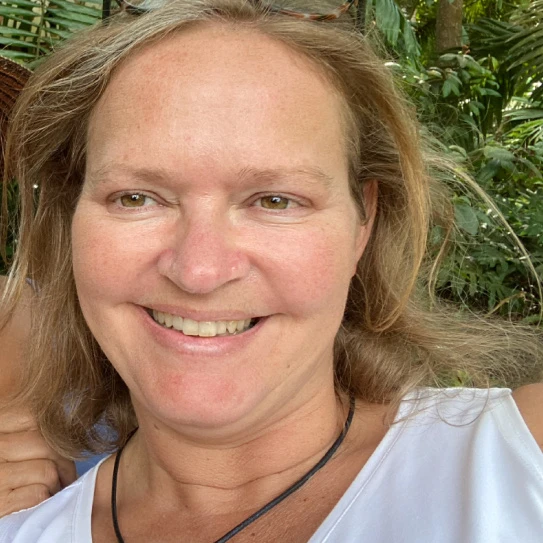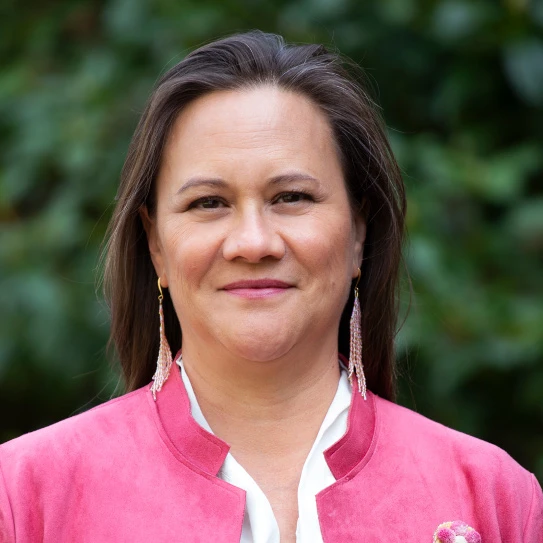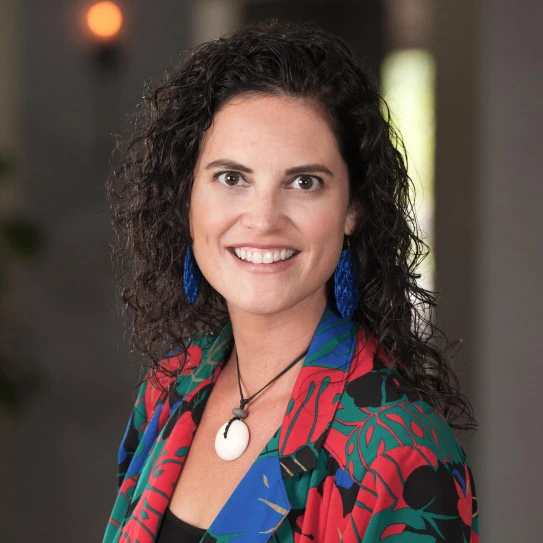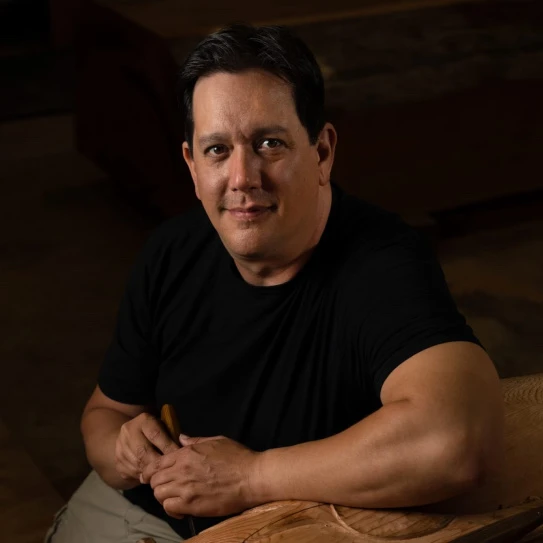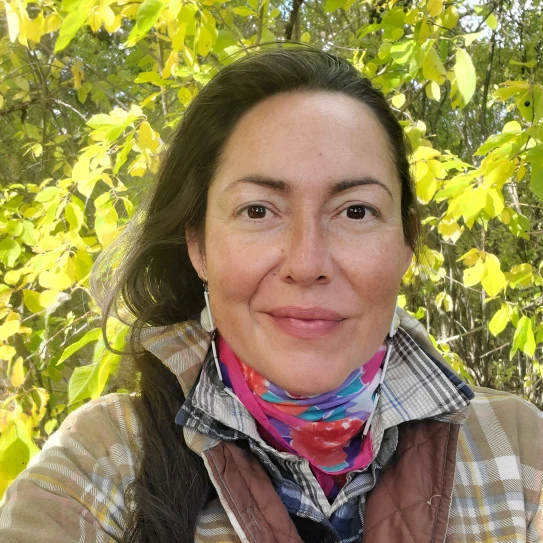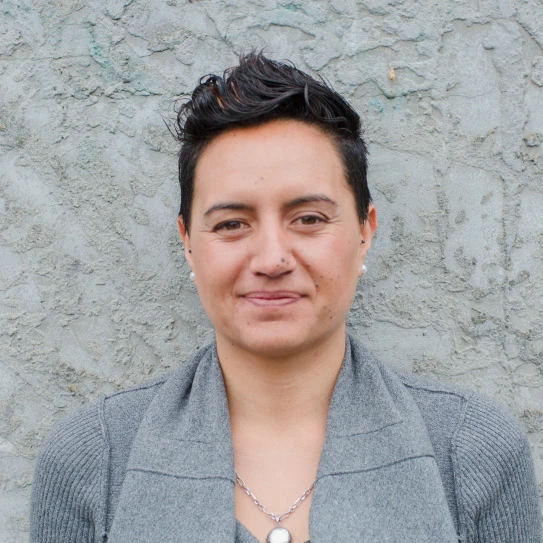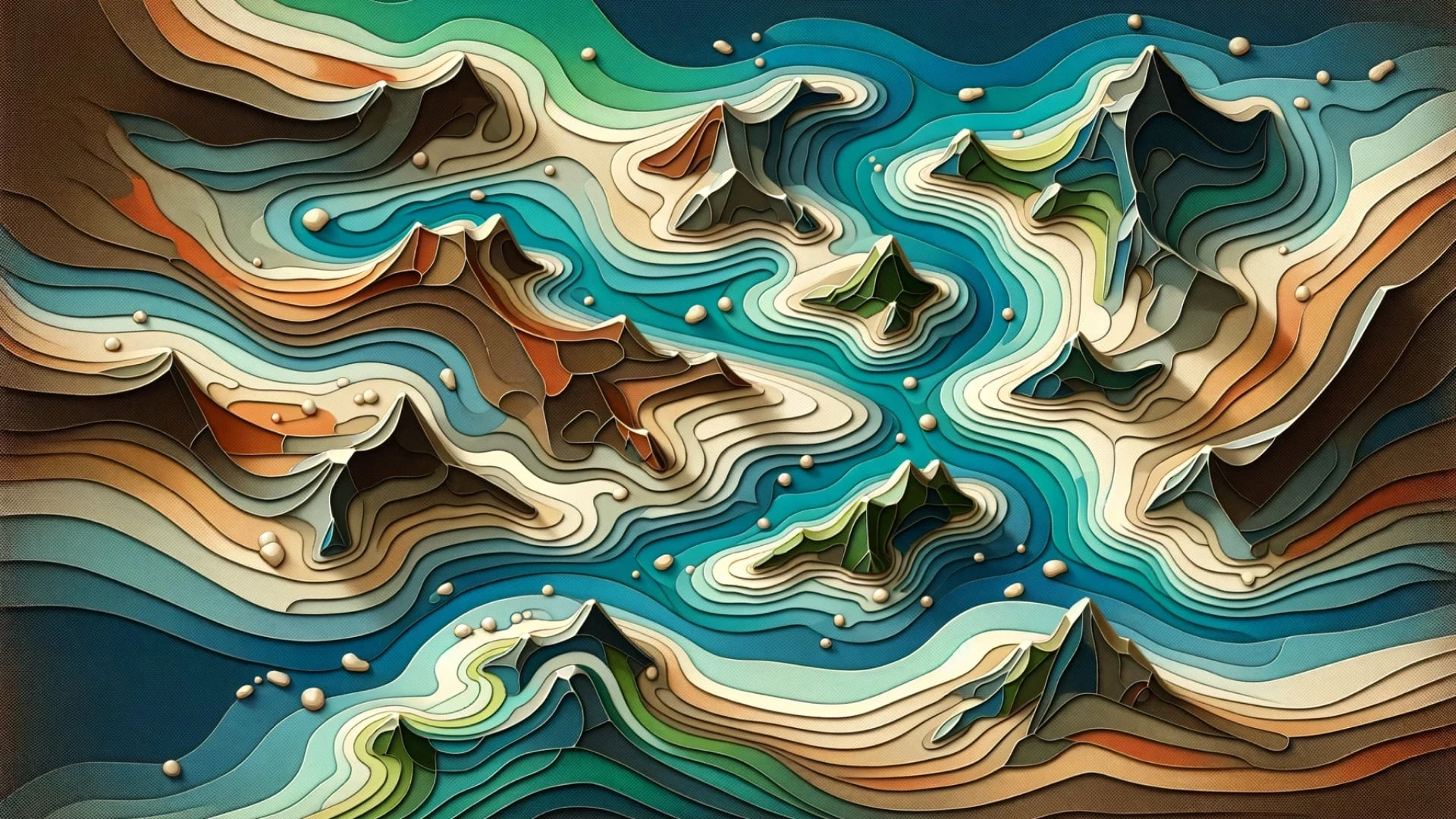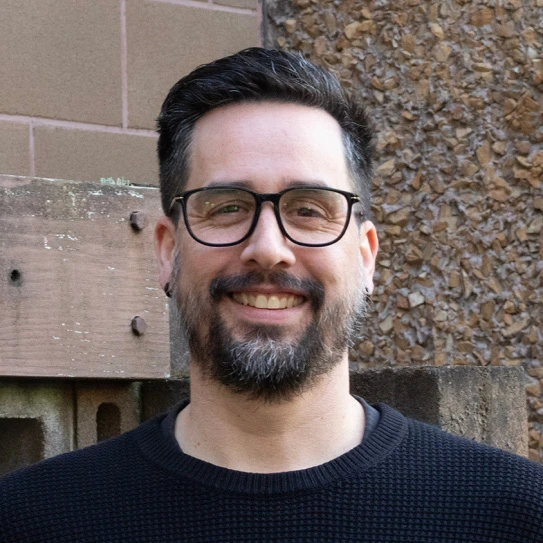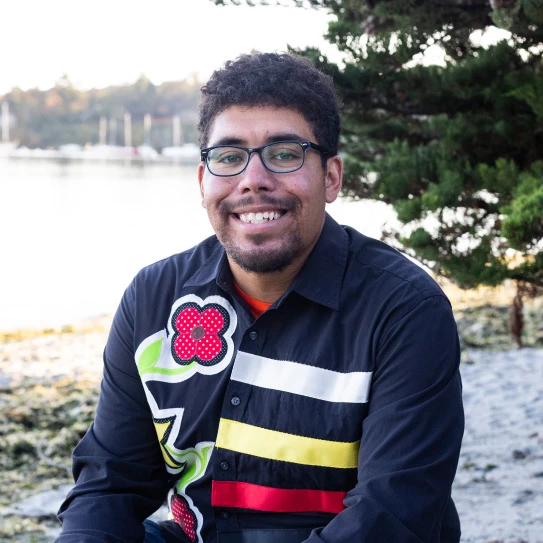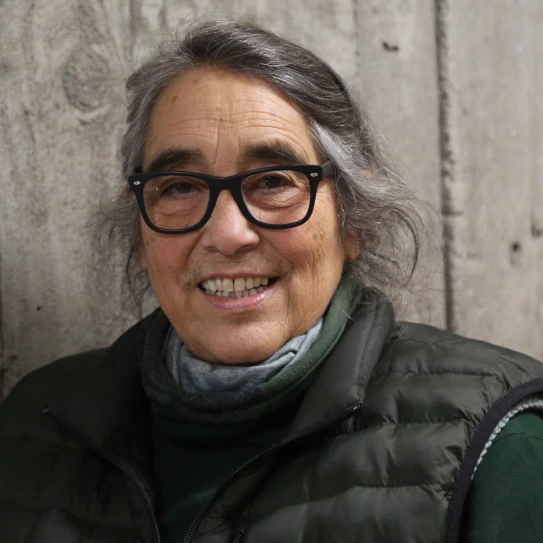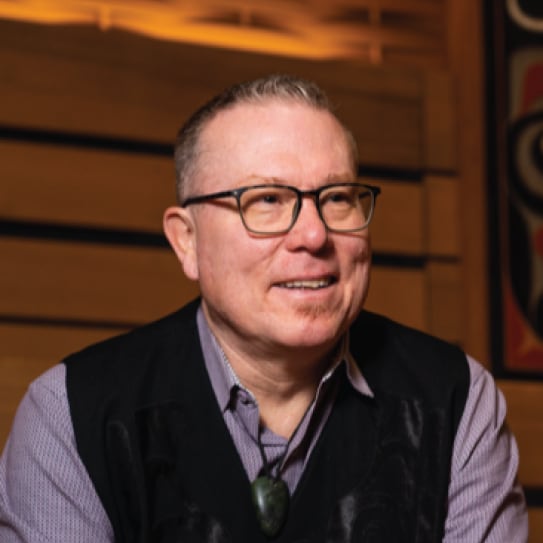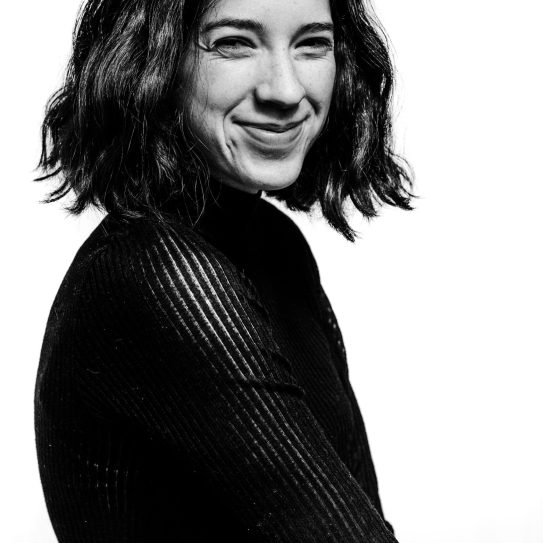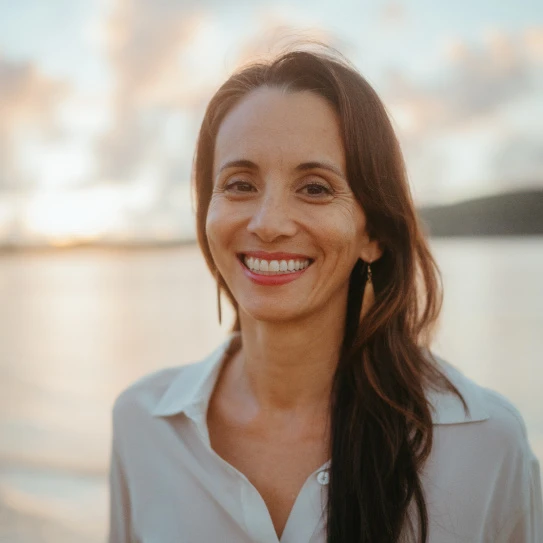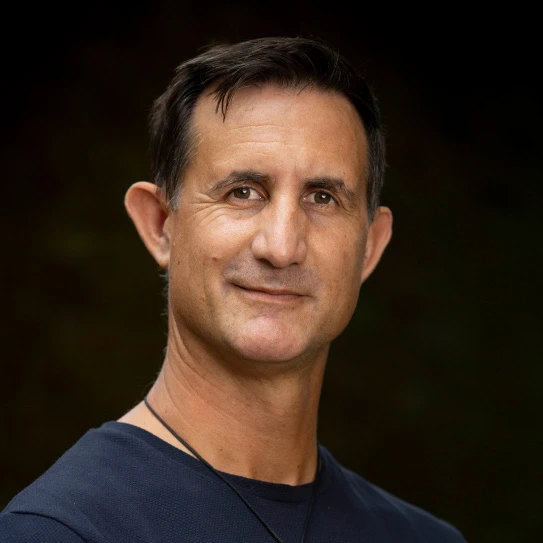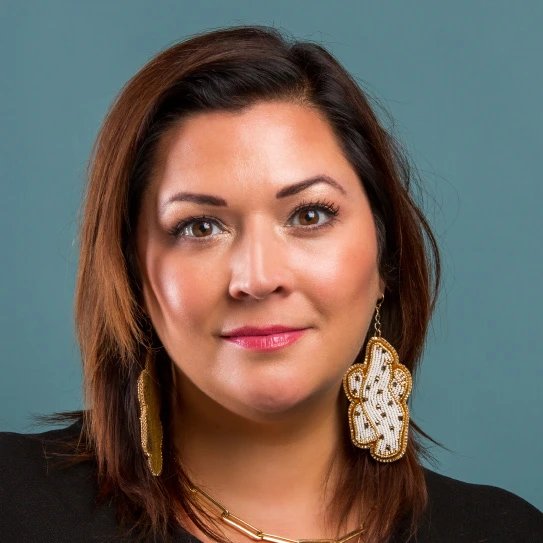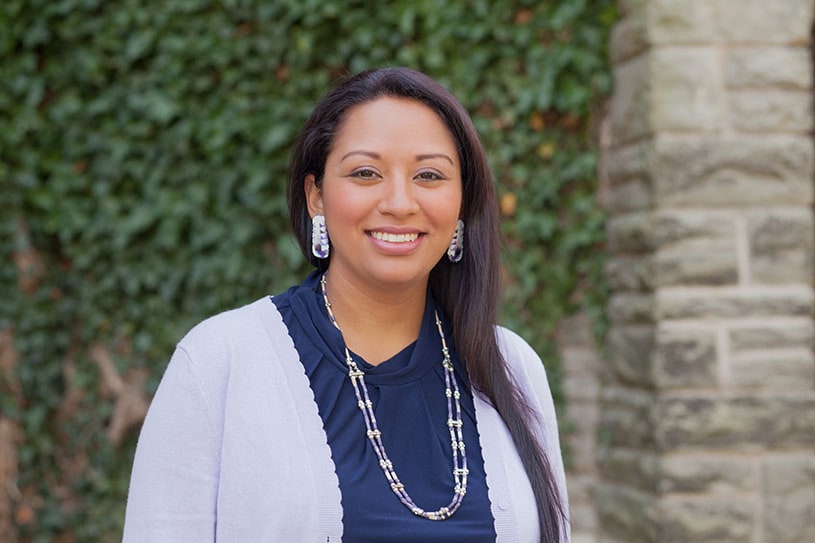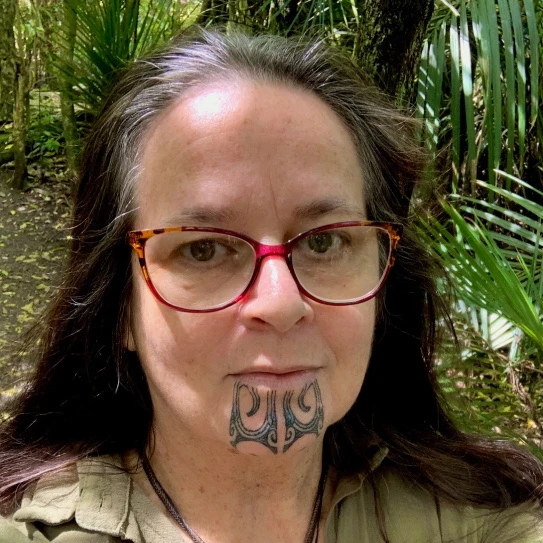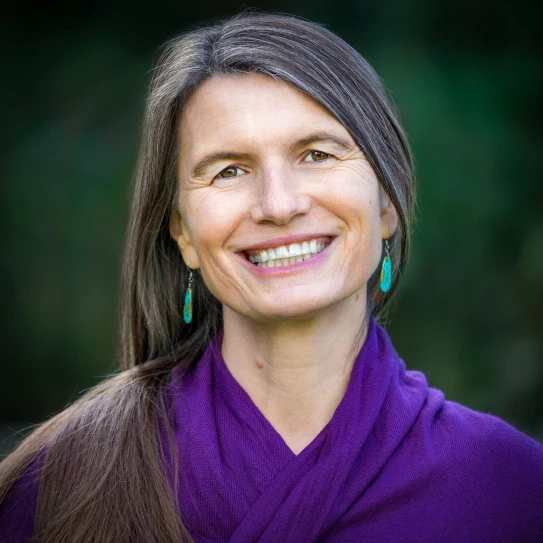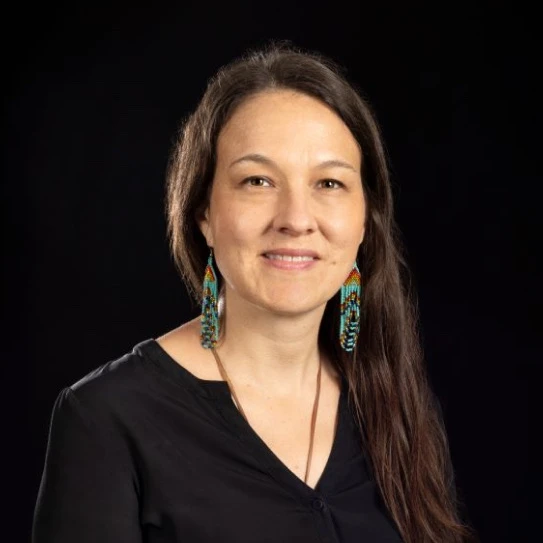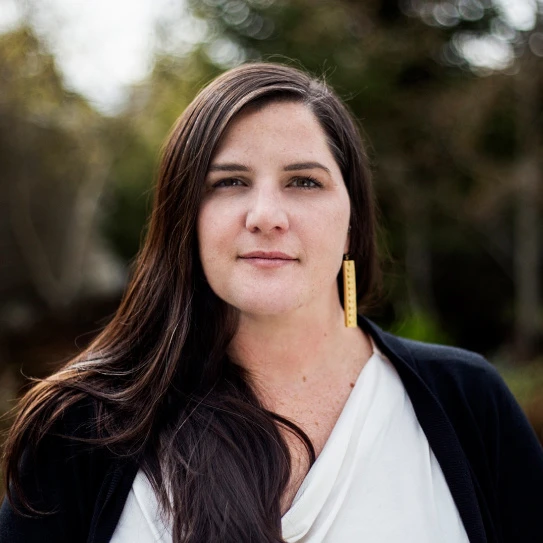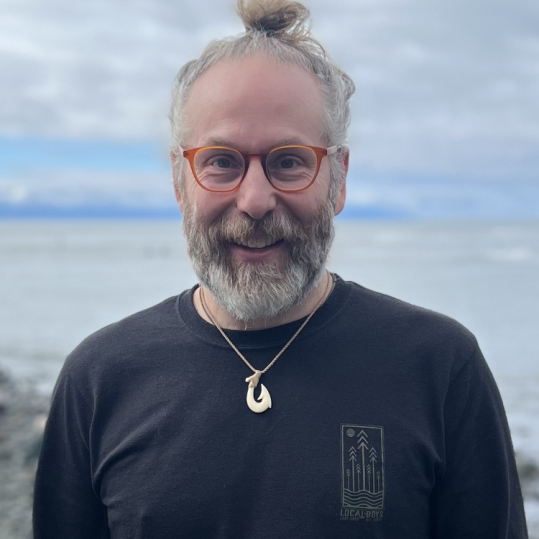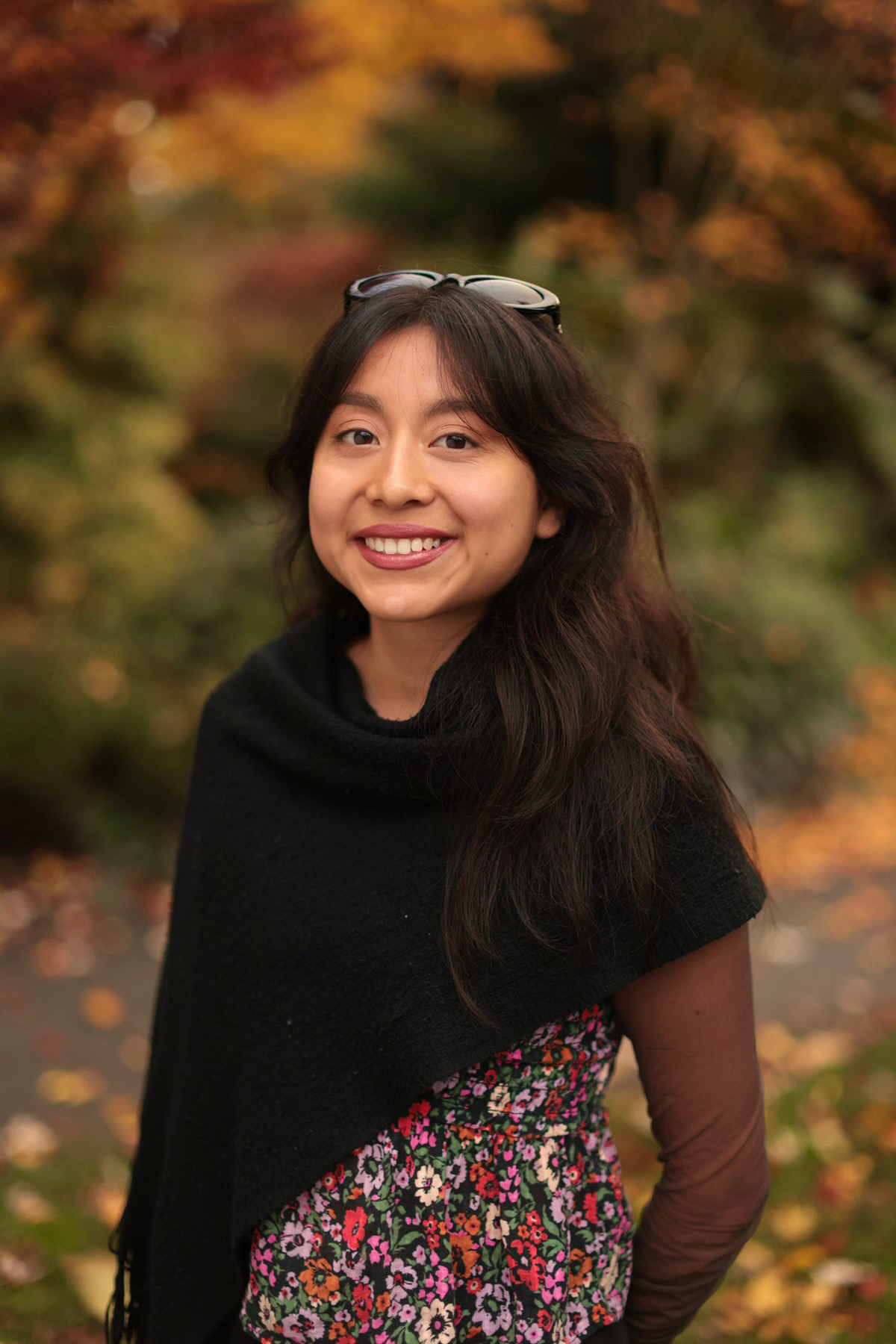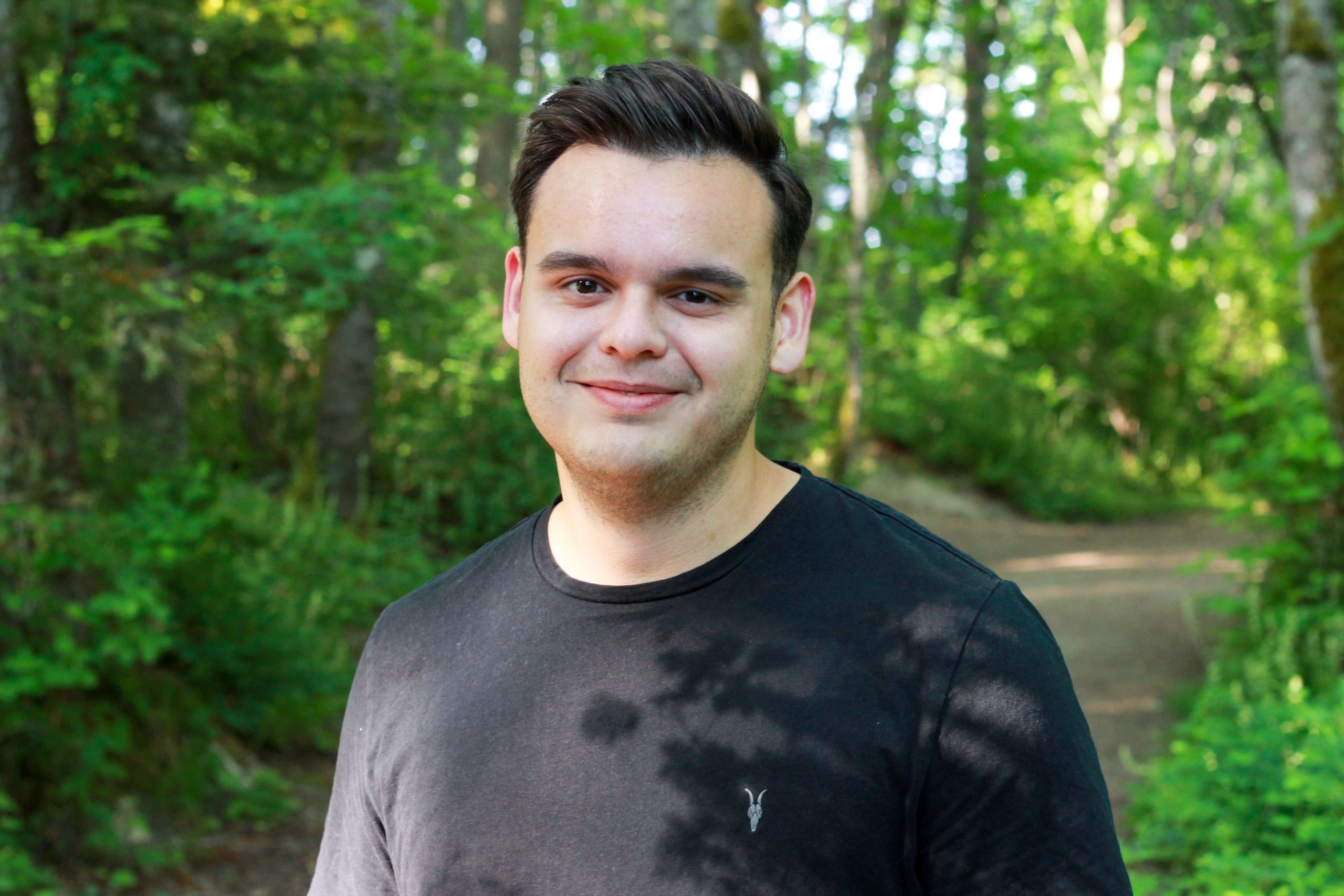Podcast: Play in new window | Download
In this episode, Heather and Hōkū sit down with winner of the 2024 Climate Breakthrough Award, Eriel Tchekwie Deranger, a a Dënesųłiné Indigenous rights and climate activist. Eriel was raised in relation with the ecosystems across so-called Alberta and Saskatchewan, where each part of the land is understood to be a relative. Eriel discusses how the white supremacist perspective that the earth is our dominion to conquer (using the ever-expanding tar sands in her home territory as an example) is a root cause of climate change. She describes how simply reducing greenhouse gases does not reconcile the ways in which human relationships with the natural world are out of balance. She argues that humanity needs a major shift in ideology.
Eriel focuses on strategic disruption to invest deeply in alternative climate solutions that exist outside of colonialism and capitalism. She plans to use funds from her Climate Breakthrough Award to collaborate with Indigenous Peoples from around the world to amplify how Indigenous sovereignty and self-determination are true climate mitigation strategies. This episode also addresses the symbiotic relationship between people and all of Creation as key to understanding the resiliency of ecosystems and the humans within it. Eriel challenges us to resist rhetorics and policies that reproduce notions of “sacrifice zones” and to embrace the ways in which humans are intimately, physiologically, and spiritually intertwined with nature, not external to it.
Eriel is Dënesųłiné and a member of Athabasca Chipewyan First Nation. Eriel is also a co-founder and executive director of Indigenous Climate Action, an Indigenous led climate justice organization established by Indigenous women in so-called Canada.
This podcast is created by the Impact Chair in Transformative Governance for Planetary Health at the University of Victoria, with production support from Cited Media. We are supported by a grant from the Canadian Institutes of Health Research. You can find us at the Indigenous Planetary Health Podcast.
